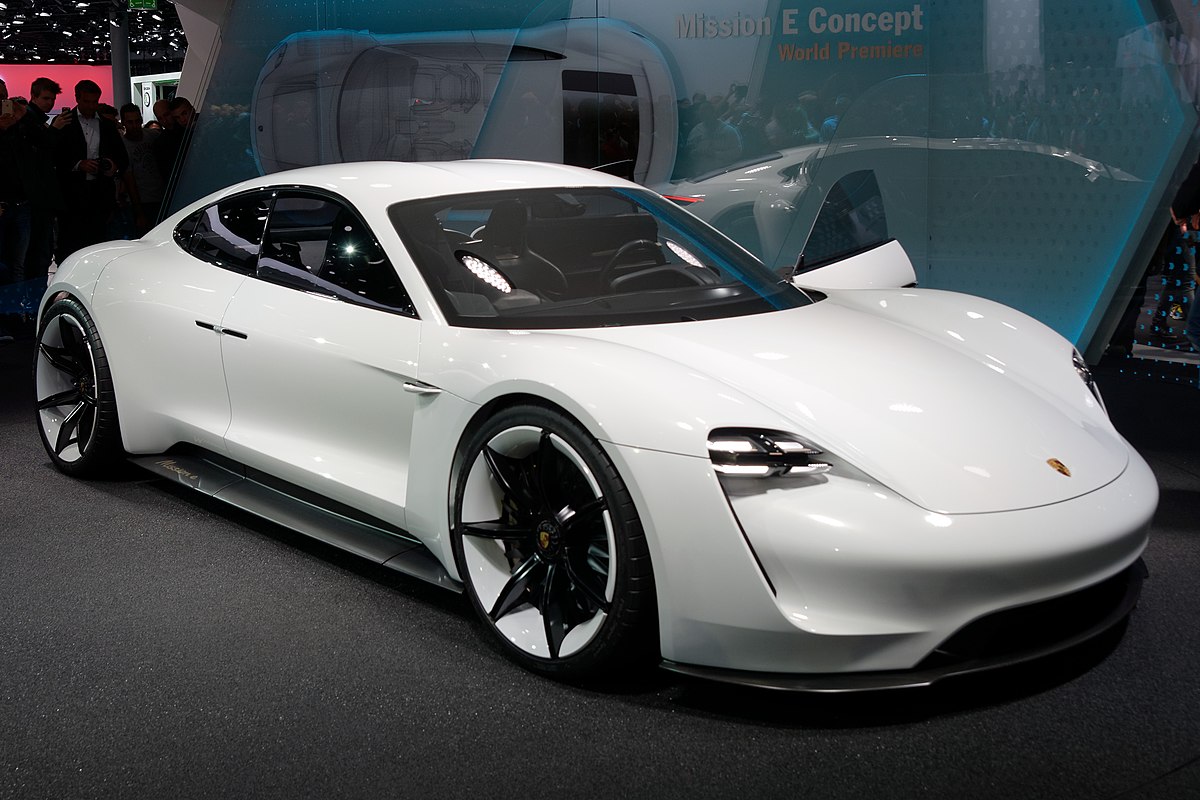Luxury vehicles often carry a reputation for high repair costs and finicky electronics, but not all premium automakers are plagued by unreliability.
In fact, several luxury brands quietly deliver bulletproof engineering and long-term dependability often rivaling or even outperforming mainstream options.
These brands might not always grab headlines for their reliability, but they consistently earn praise from real-world owners and independent testing agencies like J.D. Power, Consumer Reports, and RepairPal.
Here are 10 luxury brands that stand out for their quiet commitment to reliability in the U.S. market.
1. Lexus
Lexus is the gold standard when it comes to luxury reliability. As Toyota’s luxury division, Lexus benefits from the same engineering philosophy that prioritizes durability and simplicity.
Models like the RX and ES routinely top long-term dependability charts. With refined V6 engines, hybrid options, and minimal electronic issues, Lexus continues to earn top scores in Consumer Reports and J.D. Power studies year after year.
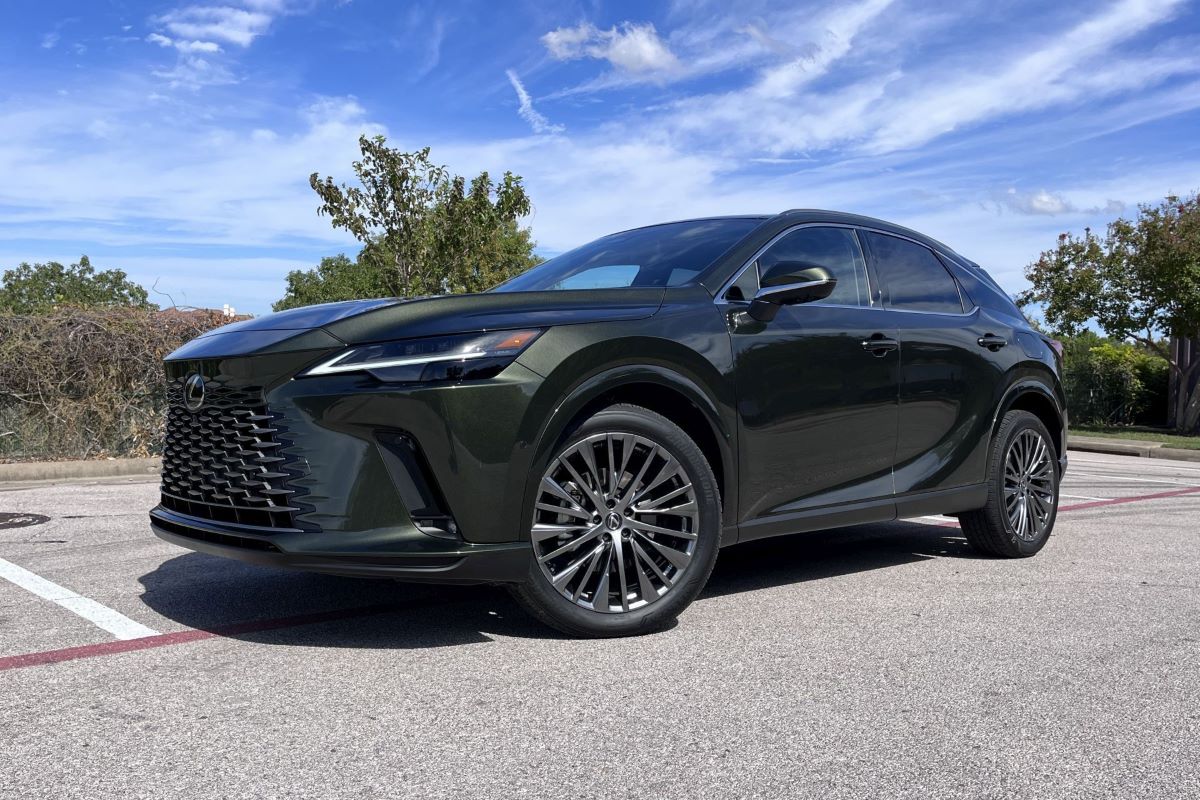
Lexus has built a rock-solid reputation for producing some of the most reliable vehicles on the market, consistently earning top marks in owner satisfaction surveys. In fact, the brand secured the title of most reliable overall in the 2023 J.D. Power Dependability Survey, adding yet another accolade to its long list of awards.
This reputation for dependability extends across the entire lineup, whether you need a long-distance highway cruiser or a dependable daily commuter you can count on for years without hassle, choosing Lexus is rarely a mistake.
Lexus is widely regarded as one of the most durable and dependable luxury car brands on the market. As Toyota’s luxury division, Lexus benefits from the parent company’s reputation for building vehicles that last.
Many Lexus models are known to exceed 200,000 miles with minimal issues when properly maintained, a testament to their robust engineering and high-quality manufacturing standards.
Beyond mechanical reliability, the interior materials and fit-and-finish hold up exceptionally well over time, maintaining a premium feel even after years of use. While repair costs can be higher than non-luxury brands, major issues are rare, and the frequency of repairs is lower than most competitors.
Overall, Lexus combines luxury, performance, and long-term durability, making it a standout choice for drivers seeking a worry-free ownership experience.
Also Read: 10 Best Cars That Balance Horsepower With Long-Term Value
2. Acura
Honda’s luxury division has quietly become a go-to for buyers who want upscale features without sacrificing peace of mind.
Acura models like the MDX and RDX pair solid powertrains with user-friendly technology, avoiding the overly complicated infotainment systems found in many European brands.
RepairPal and J.D. Power consistently rate Acura among the most reliable luxury marques available in the U.S.
Honda introduced its luxury division, Acura, in 1986 with an initial lineup featuring the Legend and the Integra. At the time, Honda described the brand’s mission as aiming to “satisfy the most demanding driver while delivering the kind of efficiency intelligent people demand today,” according to a press release from that era.
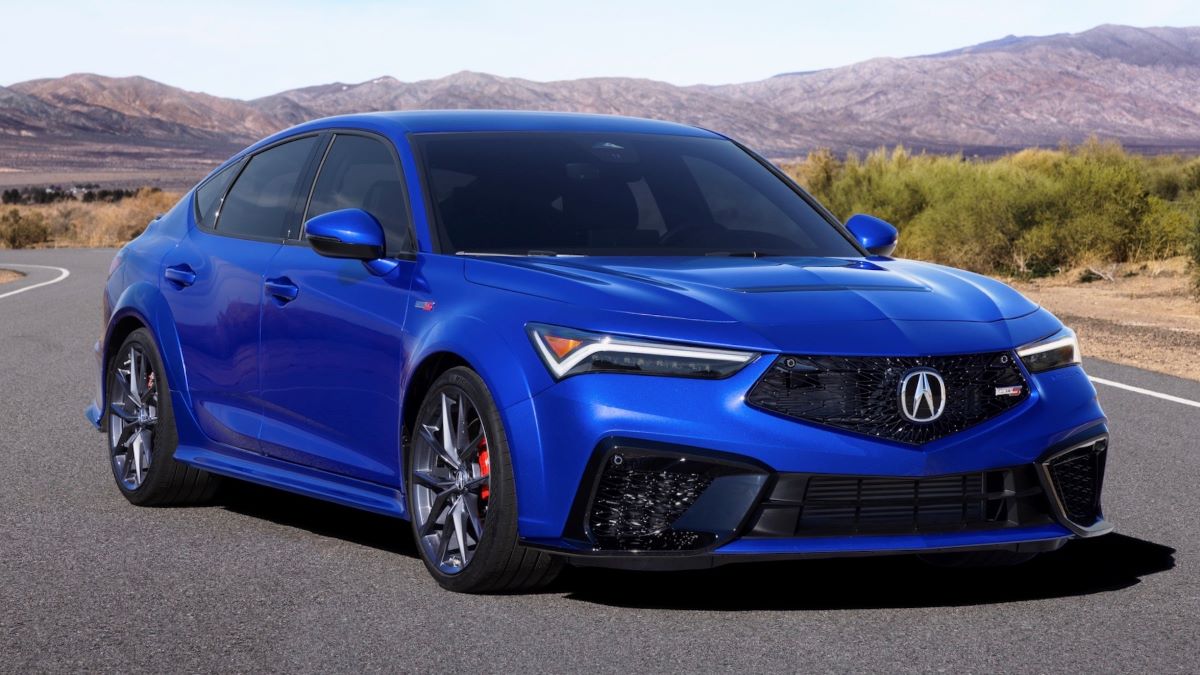
Nearly four decades later, that combination of efficiency and engaging driving dynamics continues to define Acura’s approach to building cars. While buyer preferences have evolved significantly over the years, there remains a strong demand for vehicles that are both enjoyable behind the wheel and practical for everyday use.
A crucial element of that everyday practicality is reliability, an area where both Acura and its parent company, Honda, have earned a reputation that’s hard to beat.
3. Genesis
Though still a relative newcomer, Genesis Hyundai’s luxury offshoot has rapidly gained a reputation for offering dependable luxury at a value.
Models like the G70 and GV80 are not only stylish and feature-rich but also built with high-quality components that have earned them solid marks in early reliability testing.
Hyundai’s extensive warranty coverage only adds to the peace of mind. Genesis vehicles may be relatively new to the streets, but the company behind them has been in the automotive industry for a long time.
As the luxury division of the Hyundai Motor Group, Genesis benefits from solid corporate backing and resources. The big questions, however, are whether Genesis cars are good and if they are reliable. The answer is yes. Genesis has quickly built a reputation as a top-tier luxury automaker, known for producing high-quality vehicles.
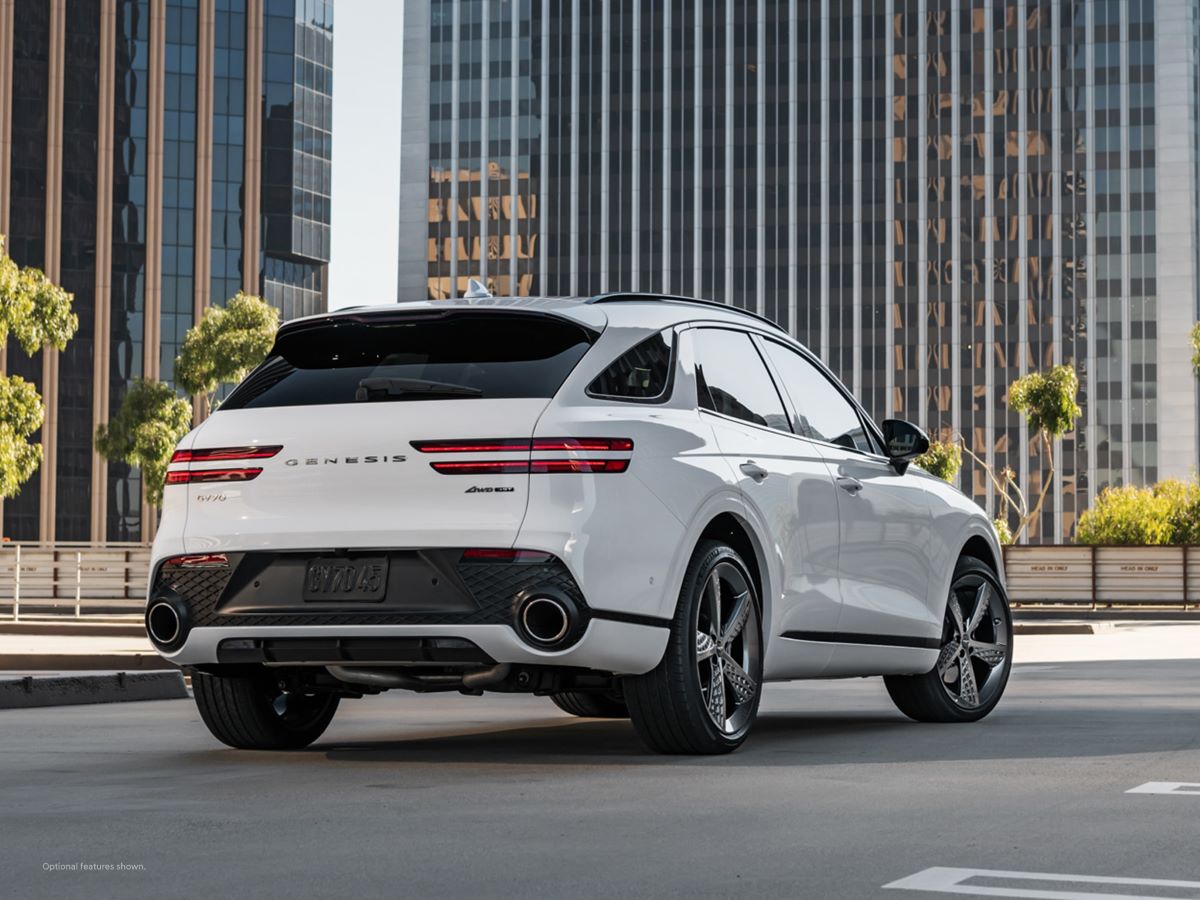
While its lineup isn’t as expansive as some rivals, it offers dependable transportation. Most models are reasonably affordable to repair and maintain, although when problems do arise, their severity can sometimes be higher than average.
One area where Genesis excels is safety. Many of its newer models have earned Top Safety Pick ratings, thanks to their strong construction and focus on crash protection.
The automaker also integrates a comprehensive suite of driver-assist technologies across its lineup, with many of these features available even on used models from recent years. This commitment to safety ensures that drivers and passengers alike can enjoy peace of mind.
Another strength lies in the engines. Genesis powertrains, built by the Hyundai Motor Group, are known for their reliability and performance. The brand offers a range of engines to cater to different driving styles, from those who value efficiency to those seeking more power.
However, it’s worth noting that some engines in the Hyundai lineup have experienced issues in the past. Whether these problems will significantly affect Genesis models remains to be seen, but overall, Genesis continues to prove itself as a strong contender in the luxury market.
4. Buick
Buick straddles the line between premium and mainstream, but its quiet, upscale cabins and consistent reliability make it a favorite among older U.S. buyers.
Thanks to a pared-down lineup and proven GM components, models like the Enclave and Encore GX often outperform more expensive European rivals in long-term dependability surveys.
In some vehicle segments, buyers may prioritize attributes such as performance or luxury over reliability. However, when it comes to family-oriented vehicles, reliability becomes a critical factor, especially given Buick’s above-average ownership costs.
Buick has built a reputation as a dependable American automaker, particularly appealing to families and drivers who prioritize longevity and comfort.
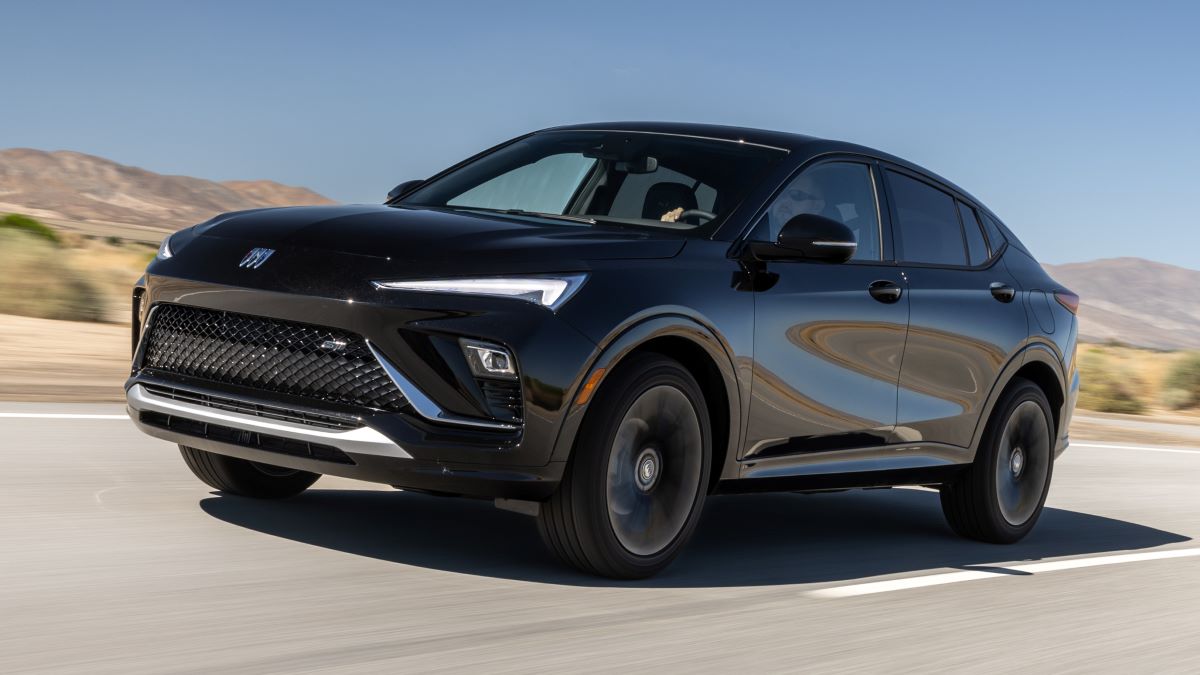
Historically, Buick vehicles have been praised for their solid engines and smooth ride quality, with many older models easily surpassing 200,000 miles when properly maintained. In recent years, the brand has focused on enhancing build quality and integrating modern technology, resulting in vehicles that are both durable and refined.
Models like the Buick Enclave, Encore, and Regal showcase this balance, offering strong performance and long-term reliability.
According to RepairPal, Buick ranks above average among 31 brands, with annual repair costs averaging around $608, lower than the industry average.
While routine maintenance tends to be affordable, there is a slightly higher likelihood of expensive repairs compared to some Japanese competitors.
Nonetheless, with regular servicing and careful ownership, Buick cars can deliver years of dependable performance, making them a solid choice for those seeking both durability and comfort.
These higher expenses stem from the brand’s elevated sticker prices, along with annual maintenance and repair costs. For families on a budget, selecting the most reliable Buick model is an important consideration.
While the frequency of repairs tends to be lower than that of many competitors, the likelihood of encountering a costly repair is higher than with other brands.
Also Read: 5 Cars With Legendary Battery Life and 5 That Need Jumping Weekly
5. Volvo
While older Volvos had a mixed track record, the modern lineup benefits from Volvo’s renewed focus on quality and streamlined engineering.
Despite their high-tech safety features and minimalist Scandinavian interiors, vehicles like the XC60 and S90 have shown strong reliability results, especially in the first five years of ownership. Volvo’s hybrid models have also proved less problematic than some other plug-in rivals.
Volvo has built its reputation on prioritizing safety, earning decades of recognition as one of the safest automakers. While older models were often criticized for bland design, recent years have brought significant improvements in style.
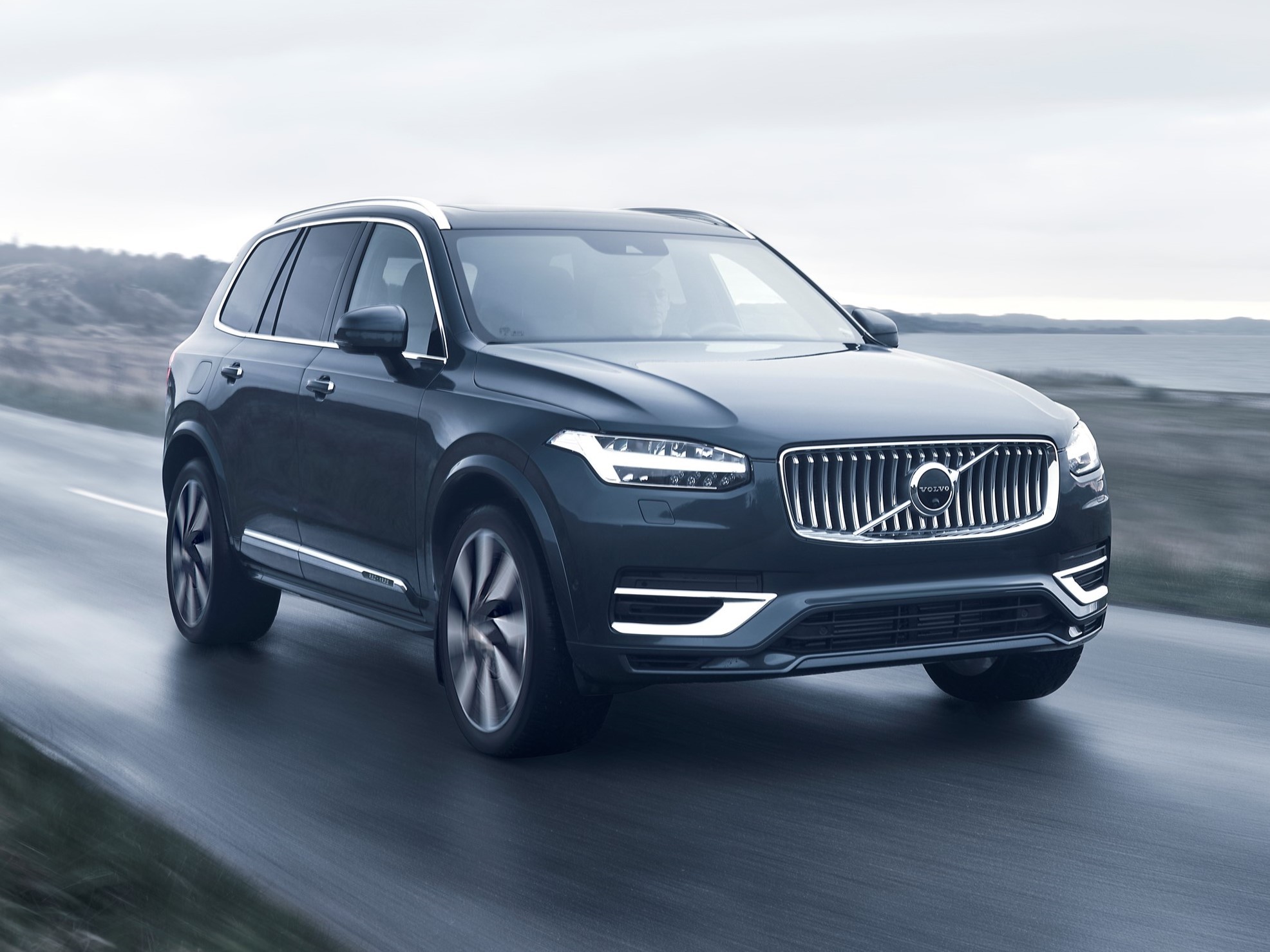
Volvos are good cars if safety and reliability are your priorities, but potential buyers should note that repairs can be costly depending on the model.
Safety remains Volvo’s strongest suit, with modern vehicles equipped with advanced driver-assist technologies and robust structural designs that consistently perform well in crash tests. The brand also offers a range of engines, including gas, diesel, hybrid, and electric options, reflecting its shift toward a greener future.
Volvo vehicles are known for their durable bodies that resist corrosion, backed by a 12-year/unlimited mileage corrosion warranty, a rarity among automakers. Inside, Volvo cabins rival luxury brands like Audi, Lexus, BMW, and Mercedes-Benz, offering high-end materials, comfort features, and cutting-edge technology.
Performance-wise, Volvo engines deliver strong power and acceleration, but these cars are not designed for sports car agility or track performance.
As luxury vehicles, Volvos come with higher price tags, but they often include more standard features than similarly priced competitors, making them a solid choice for those who value safety, technology, and comfort without paying top-tier luxury prices.
6. Audi (Selective Models)
Audi may surprise some with its inclusion, but certain models in the brand’s lineup especially those with the 2.0-liter turbocharged engine and quattro all-wheel drive have proved remarkably durable.
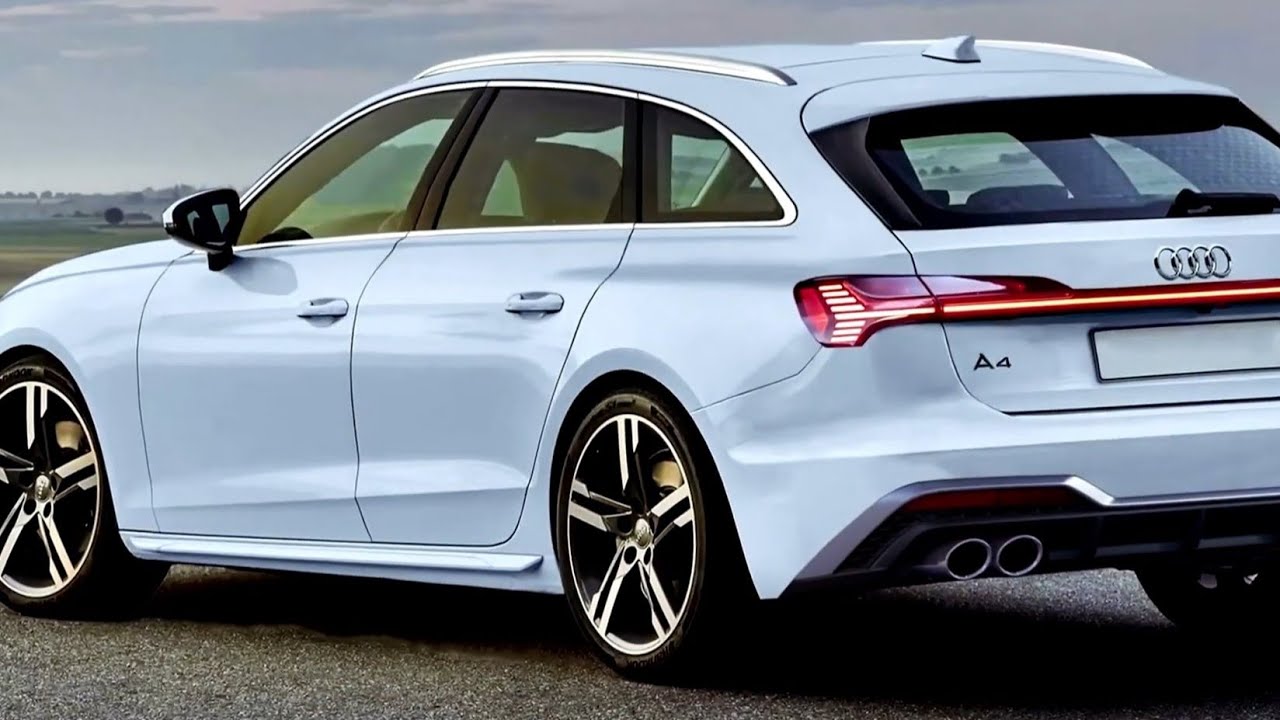
The A4 and Q5 in particular have shown dependable performance, especially when maintained regularly.
Audi’s interiors age gracefully, and recent improvements in electronics have helped reduce past reliability concerns.
In the automotive world, reliability is often surrounded by stereotypes. Conventional wisdom suggests that European cars are costly to repair and maintain, while Japanese brands may offer less performance but are known for being affordable and dependable.
Audi, as a German automaker, has built prestige through its renowned Quattro all-wheel-drive system and the driving enjoyment its vehicles provide. However, it has also developed a reputation consistent with the typical perceptions of European manufacturers.
7. Infiniti
While Infiniti as a brand has faced criticism for outdated designs, its reliability is often overlooked. Infiniti serves as the luxury division of the Japanese automaker Nissan. While many Infiniti models share similarities with their Nissan counterparts, they typically come equipped with more upscale features and amenities.
Infiniti vehicles are considered good cars, earning an average rating among leading automotive brands. They are known for their reliability and strong safety scores. However, they are not budget-friendly options, as they come with higher costs and are not ideal for buyers seeking low ownership expenses.
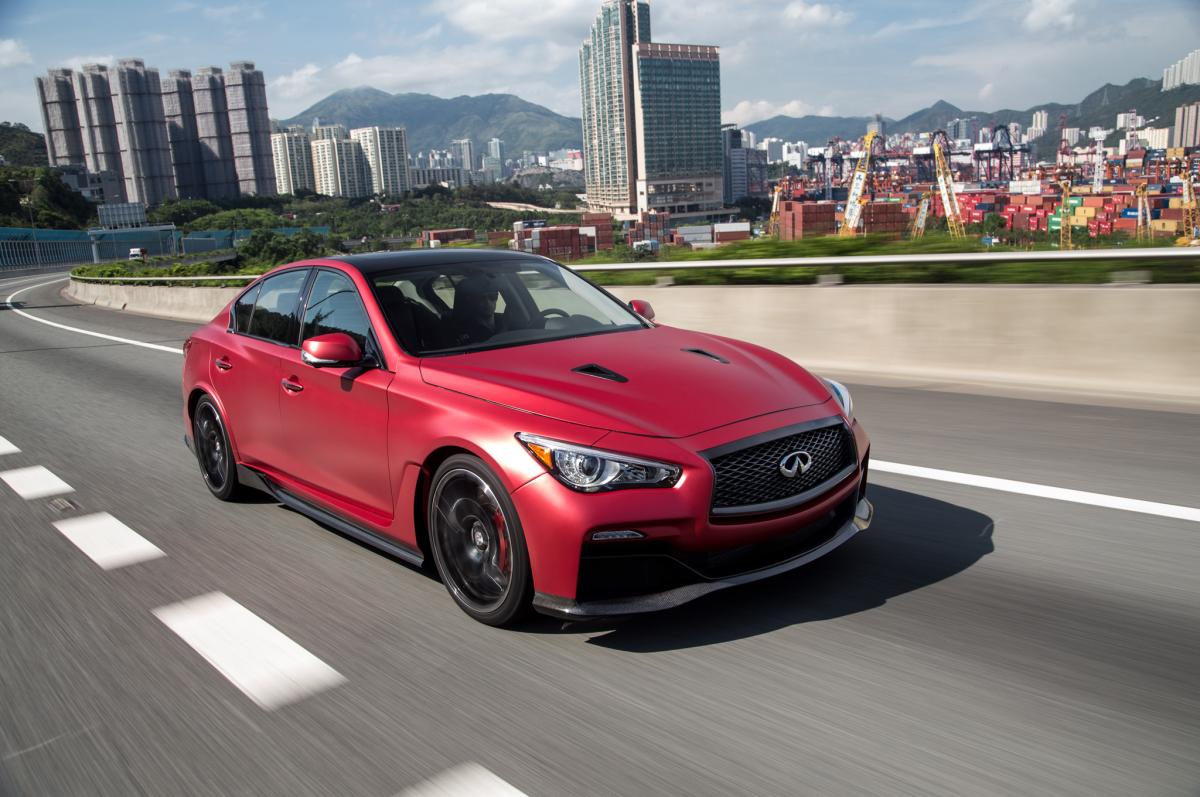
Many of its vehicles, especially those built on older Nissan-derived platforms like the QX60 and Q50, benefit from time-tested engines and simple mechanics.
Infiniti’s VQ-series V6 engine, for instance, is known for its longevity when properly maintained.
8. Lincoln
Ford’s luxury brand has made significant strides in both design and reliability. The latest models like the Aviator and Nautilus now feature better-built interiors and updated powertrains that have fewer issues than in previous generations.
Lincoln benefits from simplified infotainment and proven EcoBoost engines that are more refined than their early iterations.
At one time, Lincoln stood at the top of the luxury market, but as new competitors emerged, the brand gradually lost its dominance. While Lincoln no longer commands the spotlight, many consumers still wonder if the brand holds up today. Are Lincolns good cars, and are they reliable?
Lincoln vehicles excel in offering high-tech features and consistently earn strong safety ratings. However, since many of their components are shared with Ford, their reliability doesn’t quite measure up to some other luxury automakers.
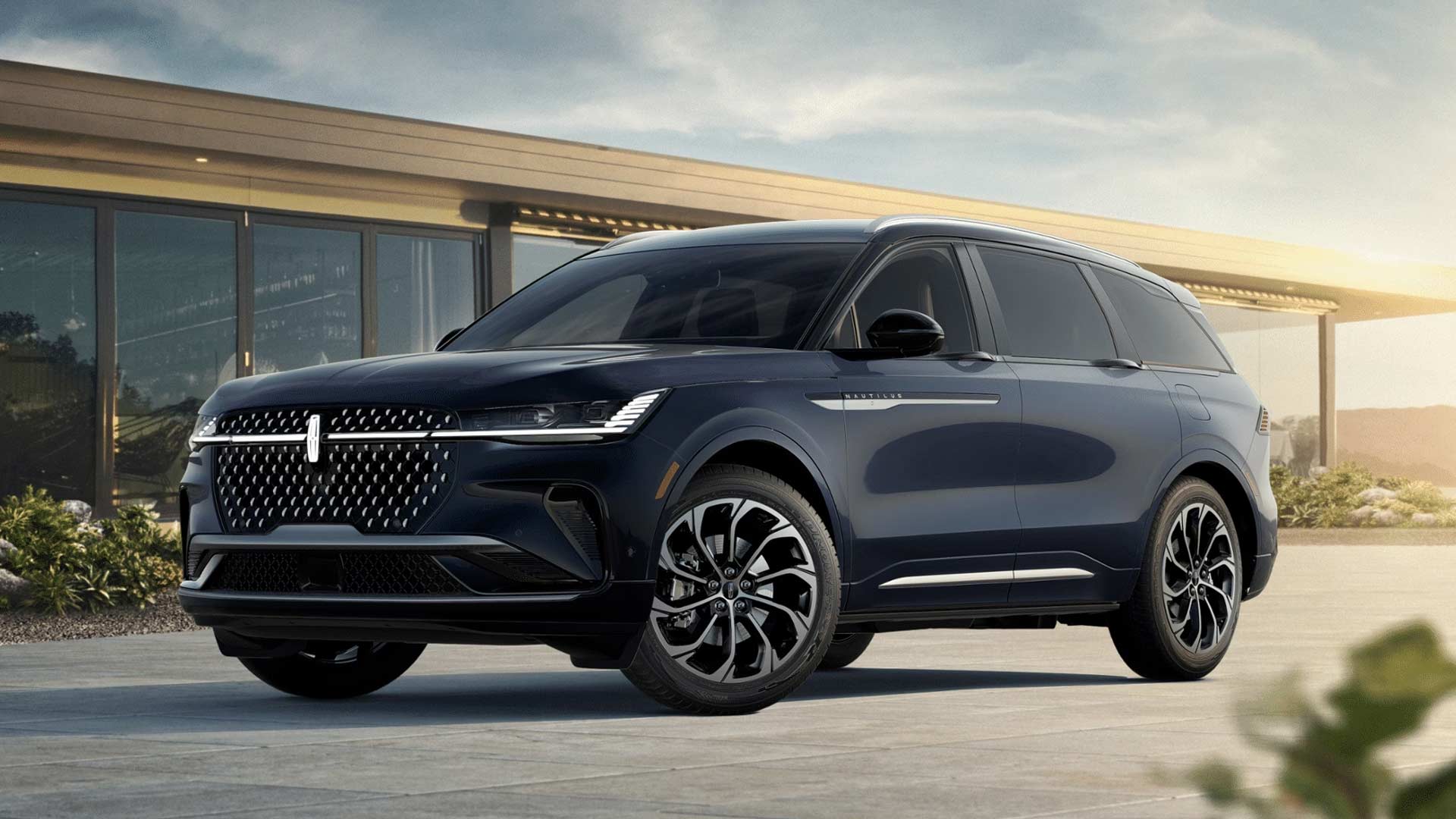
Lincoln models often receive top marks from organizations like the NHTSA and IIHS. Their solid structural integrity ensures excellent crash protection, and newer models come packed with advanced safety technology for added peace of mind. Features like the Ford MyKey system even allow parents to set driving limits for teens.
The brand has faced a history of engine-related issues, from stalling to lackluster performance. However, not every engine is problematic—thorough research can help buyers find models with reliable powertrains.
For most years, Lincolns have not had widespread rust problems, but certain models from 2011 to 2016 experienced premature corrosion. The cause remains unclear, possibly linked to undercoating changes. Fortunately, bodywork supplies are readily available for those needing repairs.
Lincoln stays ahead in technology, often introducing new features before they appear in Ford vehicles. Luxury interiors and a wealth of standard features make the cabin both comfortable and connected, which keeps the brand appealing to buyers seeking a premium experience.
Performance is not Lincoln’s primary focus; the brand prioritizes comfort and refinement over raw power. While you won’t find engines built to thrill enthusiasts, you will enjoy a smooth, quiet ride with capable performance.
While Lincolns cost more than comparable Ford models, they are often priced lower than many competing luxury brands. This balance allows buyers to enjoy a luxury vehicle with strong features without paying the highest premiums in the segment.
9. Porsche
It might sound counterintuitive, but Porsche has been quietly dominating dependability rankings, especially in the J.D. Power Vehicle Dependability Study (VDS).
The 911, for instance, has consistently scored among the highest of all luxury sports cars.
While Porsche maintenance isn’t cheap, the brand’s meticulous German engineering means fewer breakdowns and a longer service life especially for enthusiasts who care for their vehicles diligently.
When it comes to luxury sports cars, Porsche stands out as a brand that seamlessly blends exhilarating performance with exceptional engineering.
For anyone considering investing in a Porsche, understanding the reliability of different models is crucial, as it can save both money and frustration over time.
Reliability isn’t just about minimizing repairs; it’s about owning a car that consistently delivers top performance for years while providing peace of mind and lasting value.
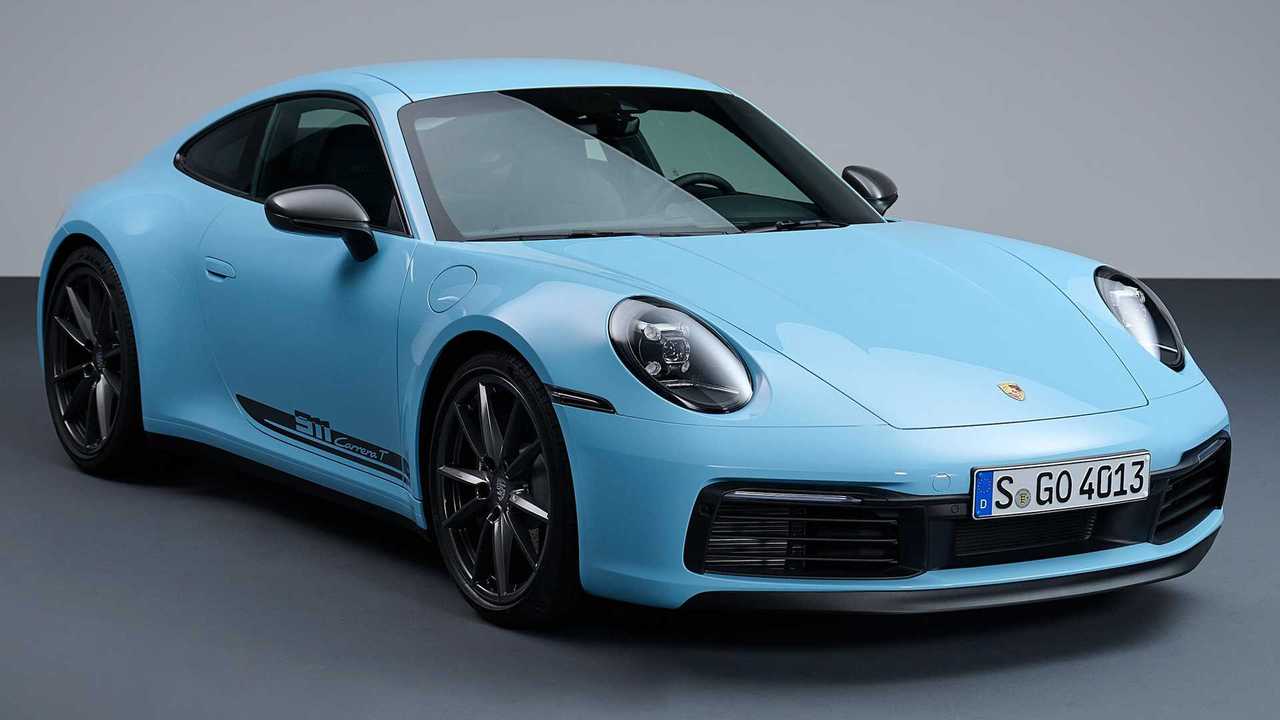
Porsche has earned a strong reputation for engineering excellence by combining race-tested technology with everyday practicality. While the early models set the foundation for durability, newer models benefit from decades of refinement and innovation.
Historically, Porsche cars have been regarded as relatively reliable within the luxury segment, especially when properly maintained. However, like any high-performance vehicle, some models are more susceptible to specific problems than others.
The brand’s commitment to quality supports its strong image, but it’s important to evaluate actual owner experiences and technical reviews rather than relying solely on reputation.
When issues do arise, Porsche’s engineering generally holds up well, though repair costs can be steep—making reliability an even more critical factor.
Ultimately, the brand’s reliability depends not only on robust engineering but also on how diligently owners adhere to regular maintenance, which is essential to surpassing Porsche’s expectations for longevity.
For buyers seeking a Porsche that stands the test of time, certain models consistently receive accolades for long-term reliability. The Porsche 911 remains the standout, earning its place as a favorite among both enthusiasts and owners.
With its iconic design and proven engineering, many 911s easily surpass 150,000 miles with minimal issues when well cared for. The Porsche Boxster and Cayman models also have strong reputations for durability, offering an excellent balance of sporty driving dynamics and dependable performance.
The Porsche Cayenne SUV, particularly earlier generations, has demonstrated solid longevity despite some criticism regarding its complex electronics.
Overall, the 911’s reputation as a reliable sports car is unrivaled, thanks to its straightforward yet resilient design. Furthermore, advancements in newer models continue to improve their reliability, making them a smart choice for buyers who prioritize long-term value.
Several factors determine how reliable a Porsche will be throughout its lifespan. Maintenance is the most critical element, regular servicing, timely repairs, and the use of genuine parts greatly extend vehicle longevity.
Driving style also plays a role, as aggressive driving or frequent short trips can accelerate wear and tear. The model year and generation influence reliability as well, with older models facing potential challenges due to age, discontinued parts, and lack of warranty.
Additionally, the complexity of the engine and onboard electronics can affect maintenance needs; models with turbocharged engines or advanced systems may require extra care.
Owner habits and environmental conditions also impact reliability, gentle driving typically preserves components, while harsh climates can demand more maintenance. Understanding these factors allows buyers to select a Porsche model that aligns with their lifestyle and expectations for dependability.
10. Cadillac (Recent Models)
Cadillac is in the middle of a renaissance. Though the brand has a mixed past with regard to quality, its newer offerings like the CT5 and XT6 have addressed many of the previous reliability issues.
Cadillac is simplifying its vehicle platforms and improving build quality, which has led to more positive reliability scores in recent years.
Cadillac, the luxury division of General Motors, has built a reputation for prestige and comfort, but its durability has been a mixed bag over the years. Recent models, however, show marked improvement thanks to better engineering, higher-quality materials, and refined powertrains.
Vehicles like the CT5, XT5, and Escalade have proven they can easily surpass 150,000 miles, with many owners reporting mileages well over 200,000 when maintenance is kept up. Cadillac’s strengths lie in its solid build quality, luxurious interiors that age well, and engines that are capable of long service lives.
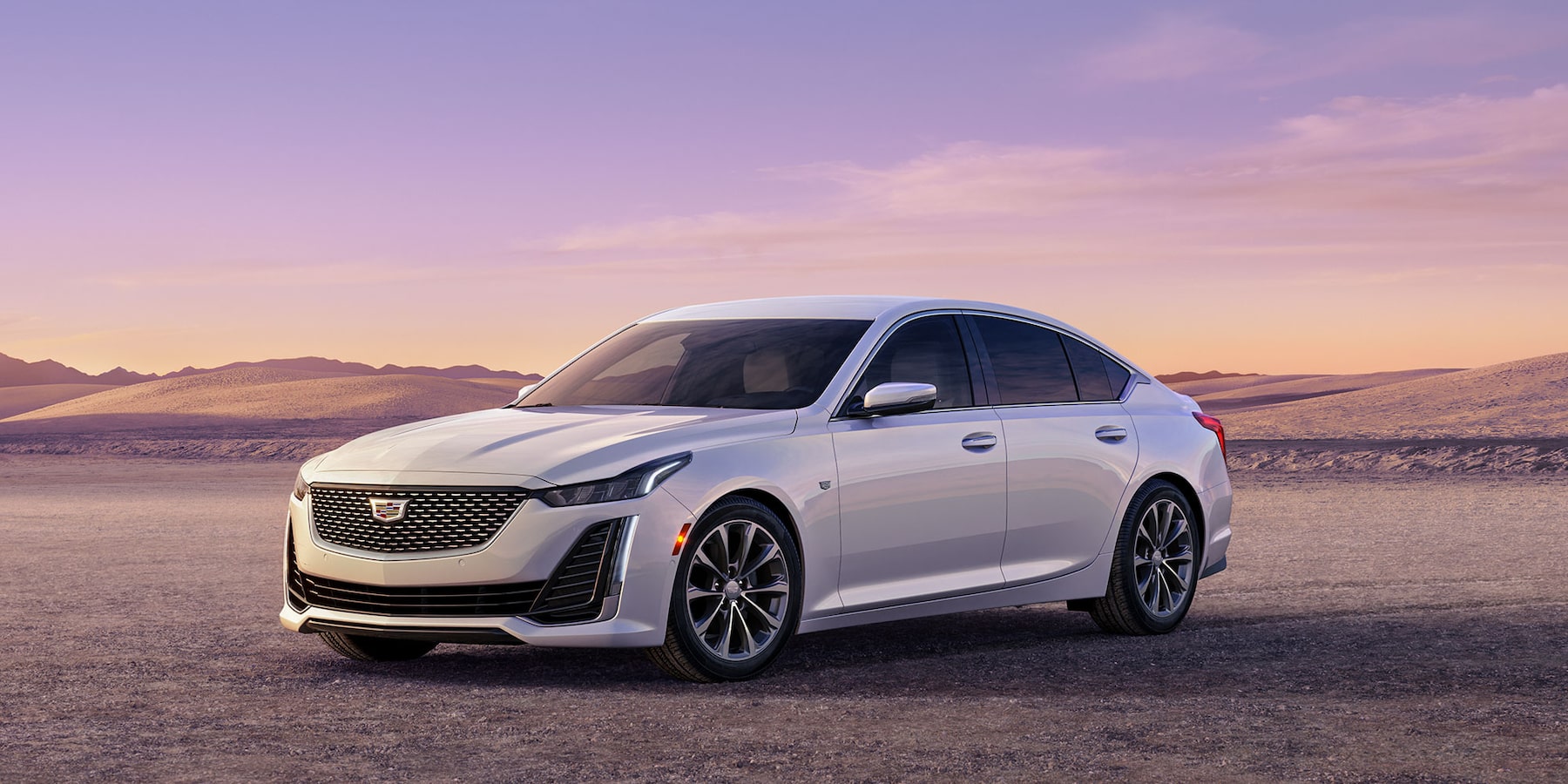
The brand has also improved its electronics, which historically were a weak point. Still, luxury comes at a cost, maintenance and repairs can be pricey, and complex technology can sometimes lead to reliability headaches. Older models, especially from the early 2000s, were notorious for issues like transmission failures and electrical problems, which hurt Cadillac’s long-term durability reputation.
Overall, modern Cadillacs are far more reliable than their predecessors, and with proper care, they offer longevity comparable to other luxury brands. SUVs like the Escalade and XT5 generally fare the best in terms of long-term dependability, making them solid picks for buyers focused on durability.
If the current trend continues, it could become a top-tier luxury contender with strong dependability.
Not all luxury vehicles are money pits. The brands above demonstrate that you can enjoy premium comfort, cutting-edge tech, and sleek design without constantly visiting the repair shop.
For American buyers seeking both luxury and peace of mind, these automakers prove that reliability and refinement can coexist quietly but confidently.

